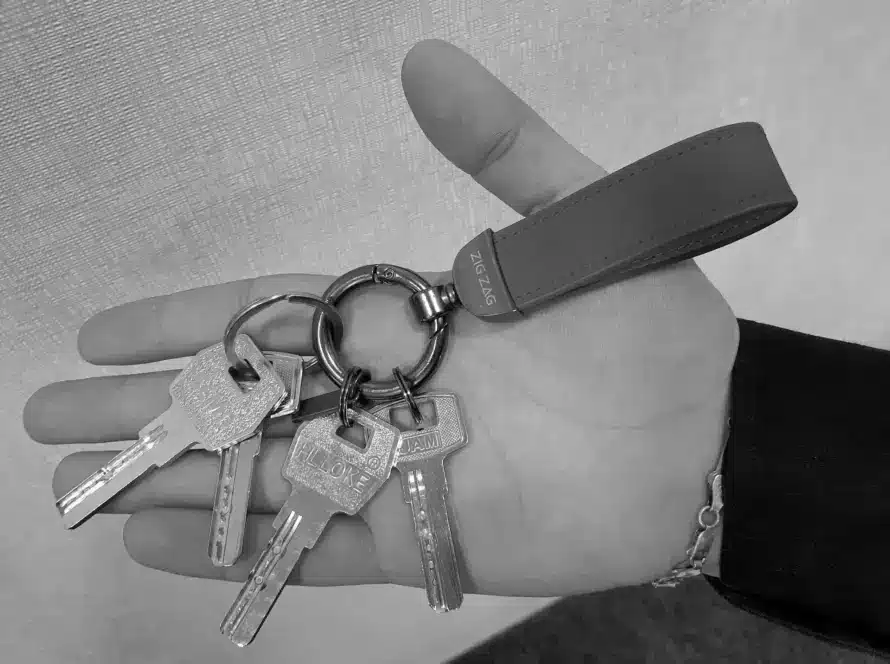Introduction to the condominium general meeting: role and importance of collective decision-making
Understand how the general meeting works and its role in managing condominiums.
The general meeting of a co-ownership is a periodic meeting attended by all the co-owners of a building. Its purpose is to make collective decisions on important issues relating to the management of the condominium. It is essential to understand how this meeting works in order to actively participate in the deliberations and defend your interests.
The general meeting is governed by legal rules and by the condominium by-laws. It is generally convened by the syndic, who is responsible for managing the condominium. At this meeting, various decisions are taken, such as approving the accounts, electing the managing agent, carrying out work, etc.
Legal obligations and rights of co-owners at general meetings
Co-owners have rights and obligations at general meetings. They have the right to be informed of the meeting, to receive a notice of meeting within the legal deadlines, and to participate in the deliberations by expressing their vote and opinion.
Co-owners are also obliged to respect co-ownership rules, pay their charges and comply with decisions taken at the general meeting.
It is important to be aware of these rights and obligations so that you can actively participate in the Annual General Meeting and make an informed contribution to collective decisions.
Common problems encountered at condominium general meetings
Disputes and conflicts between co-owners during decision-making processes
It’s not uncommon for disputes and conflicts to arise between co-owners at general meetings. These disagreements may relate to the choice of works, the distribution of charges, modifications to the co-ownership regulations, or other sensitive issues.
It’s important to recognize these common problems, so you can anticipate and deal with them constructively. In some cases, it may be necessary to resort to alternative dispute resolution solutions, such as mediation or conciliation.
Difficulties in understanding documents and issues
General co-ownership meetings involve reading and understanding various documents, such as the notice of meeting, the agenda, the minutes, and so on. It’s not always easy for co-owners to grasp all the issues and legal implications of these documents.
The legal and technical terms used can be complex and require a certain amount of expertise to interpret correctly. Co-owners may feel overwhelmed by these difficulties, which can hinder their active participation at the general meeting.
Solutions and best practices for active participation at the condominium general meeting
Upstream preparation: understanding the agenda and consulting documents
Before the general meeting, it’s essential to take the time to prepare properly. This means understanding the agenda and the topics to be discussed, as well as carefully consulting all the documents that have been sent to co-owners.
It’s a good idea to write down any questions or concerns you want to raise at the meeting. This will make the discussion more effective and help you get the answers you want.
Informed decision-making: ask questions, discuss with other co-owners
During the general meeting, it’s important to ask questions to obtain clarification on the issues discussed. It’s also a good idea to talk to other co-owners to gather different points of view and gain a better understanding of the issues at stake.
It can be beneficial to create constructive dialogue and transparency between co-owners. This will enable informed decisions to be made and potential conflicts to be resolved collaboratively.
Voting and representation: knowing the rules and expressing your point of view
When it comes to voting, it’s important to know the specific decision-making rules for condominiums. Depending on the subject, decisions may be taken by simple majority, double majority or unanimously.
It’s essential to make your point of view heard and to vote according to your interests. If a co-owner is unable to attend a general meeting, he or she can be represented by a proxy.
The role of the lawyer at condominium general meetings
Legal advice on preparing for and taking part in the Annual General Meeting
A lawyer can provide invaluable legal advice to help you prepare effectively for the general meeting. He or she can help you understand the legal issues, interpret the documents, and make informed decisions.
The lawyer can also help anticipate potential problems and find appropriate solutions before the meeting. His in-depth knowledge of co-ownership law can be a major asset for co-owners wishing to defend their interests.
Legal assistance in the event of disputes or disagreements
In the event of disputes or persistent disagreements at the general meeting, the lawyer can provide legal assistance and represent co-owners before the competent authorities. He can help resolve conflicts through mediation, conciliation or, if necessary, take legal action.
Lawyers have invaluable expertise in defending the rights of co-owners and finding balanced solutions.
Steps to take in the event of disputes at the general meeting
Mediation and conciliation: finding amicable solutions to disputes
In the event of persistent disagreements, it is often preferable to first explore amicable means of conflict resolution, such as mediation or conciliation. These methods enable negotiated solutions to be found, thus avoiding the costs and delays of going to court.
Going to court in the event of an unresolved dispute
If, despite all efforts at conciliation, disagreements persist, it is possible to take the dispute to court. A lawyer can assist co-owners in this procedure and defend their interests in court.
Conclusion: Active participation at the general meeting for balanced condominium management
- It’s essential for co-owners to actively participate in general meetings in order to contribute to collective decisions and defend their interests. By understanding how these meetings work, preparing adequately, communicating with other co-owners and calling on the services of a lawyer, co-owners can play an active role in the management of their building.
- By following the solutions and best practices presented, co-owners can contribute to balanced co-ownership management and the resolution of common problems encountered at general meetings. Informed participation and the assistance of a competent lawyer guarantee informed decision-making and effective defense of co-owners’ rights.
Do you have a question or would you like more information about our services?
Get in touch now.

